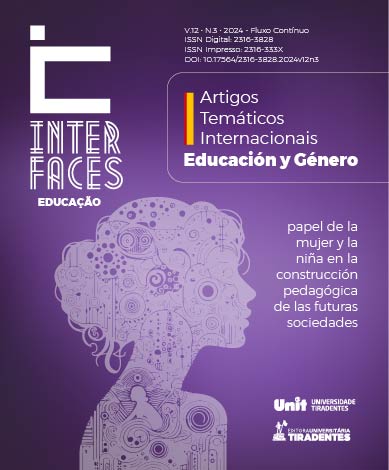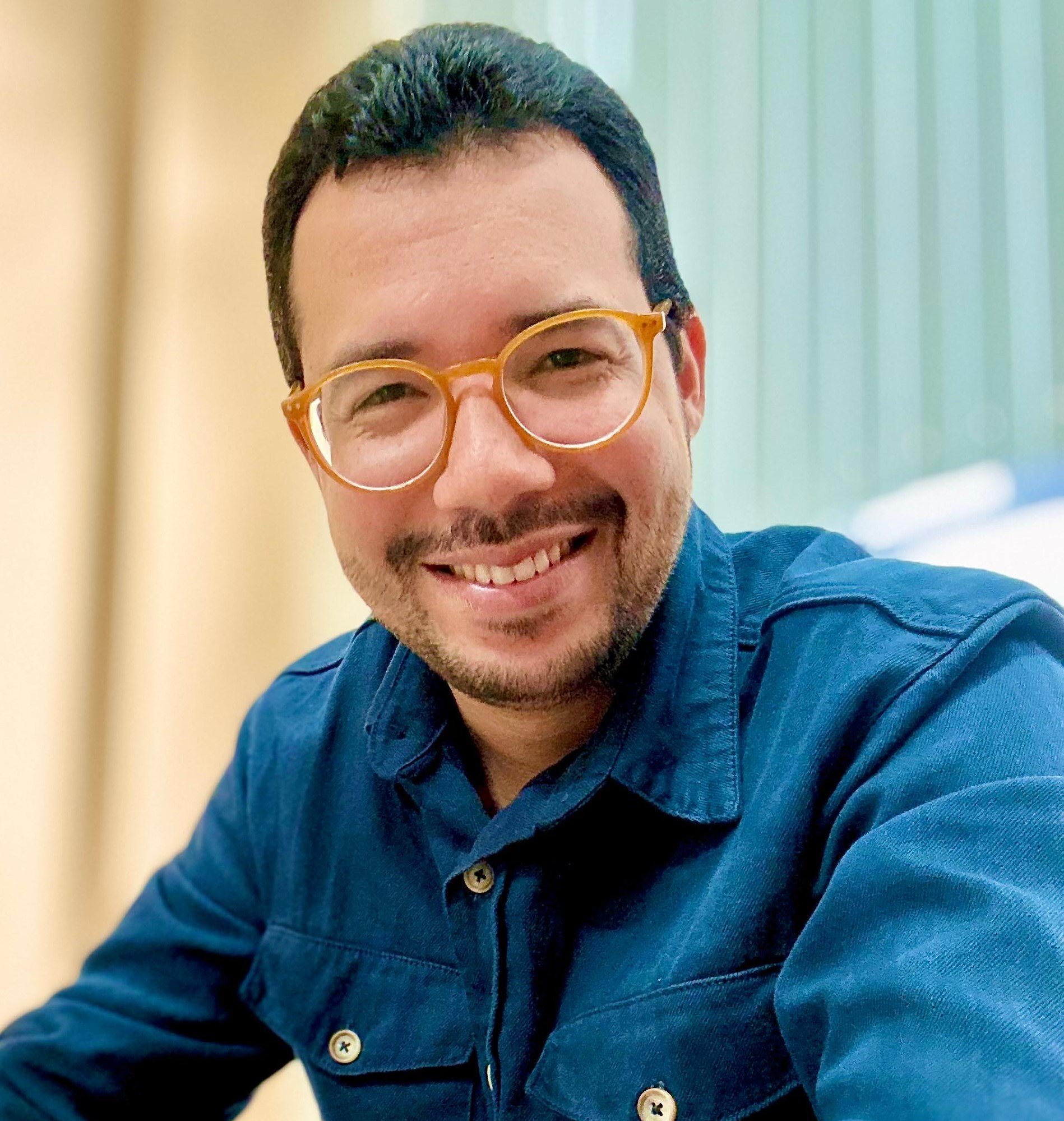The playfulness as formative principle
DOI:
https://doi.org/10.17564/2316-3828.2013v1n2p41-52Keywords:
Ludic, Ludic Activities, Education, Pedagogical PracticePublished
Downloads
Downloads
Issue
Section
License
A Revista oferece acesso livre e imediato ao seu conteúdo, seguindo o princípio de que disponibilizar gratuitamente o conhecimento científico contribui para a democratização do saber. Assume-se que, ao submeter um artigo, o(a) autor(a) se reconhece como detentor(a) do direito autoral sobre ele e autoriza seu livre uso pelos leitores, podendo ser, além de lido, baixado, copiado, distribuído e impresso.Abstract
Many fields of knowledge investigating the functions of recreational activities in human development. We will be guided through this article by bibliographic research, by some clippings from the fields of philosophy, anthropology, sociology and psychology. Here we understand the concept of ludic under two perspectives: a) The ludic as a subject of internal dynamic who feels and experience a full experiences; b) The ludic manifestation of objective reality as embodied in cultural activity or action. Largely, the concept of ludic is confused, sometimes with recreational practices, sometimes with leisure activities. There's a polysemy in its surroundings, what drives us to an investigation into the matter. Our goal is to contribute to the clarification of the concept that we developed, believing that, as such, we will extend the epistemological understanding regarding the processes of teaching and learning within educational institutions, in its various segments. The theoretical framework that we build, we take as main references: Brougère Gilles (1998), Donald Winnicott (1975) and Cipriano Luckesi (2004, 2006, 2007).How to Cite
References
BETTELHEIM, Bruno. Uma vida para seu filho: pais bons o bastante. Rio de Janeiro, RJ: Campus, 1989.
BROUGÈRE, Gilles .Jogo e educação.Porto Alegre: Artes Médicas, 1998
BROUGÈRE, Gilles. A criança e a cultura lúdica. In: KISHIMOTO, Tizuko (org.). O brincar e suas teorias. São Paulo, SP: Pioneira Thomson, 2002. p. 19-32.
D’ÁVILA, Cristina e LEAL, Luiz. Docência universitária: caminhos para a construção da profissionalidade docente. In: Anais do XI Congreso Internacional Galego-Portugués de Psicopedagoxía. La Coruna, Espanha; Minho, Portugal: Universidade de Galizia e Universidade do Minho, 2011.
GOMES, Daniela. A ludicidade na educação: por uma formação lúdica do professor de língua inglesa. In: PORTO, B. S. (org.). Educação e ludicidade: ensaios 03. Salvador, BA: UFBA. P. 141-158, 2004.
HUIZINGA, J. Homo ludens. São Paulo, SP: Editota Perspectiva, 2004.
LUCKESI, Cipriano.Estados de consciência e atividades lúdicas. In: PORTO, Bernadete. Educação e ludicidade. Ensaios 03. Salvador: UFBA, 2004, pp. 11-20.
_________________Ludicidade e atividades lúdicas: uma abordagem a partir da experiência interna. Disponível em www.luckesi.com.br.Acesso em: Março 2006.
_________________Ludicidade e desenvolvimento humano.In: D’Ávila, Cristina (org.). Educação e Ludicidade. Ensaios 04. Salvador, BA: UFBA, 2007.
PEREIRA, Lúcia Helena Pena. Ludicidade em sala de aula:montando um quebra-cabeça com novos sabores e saberes.InPORTO, Bernadete (org). Educação e ludicidade. Ensaios 03. Salvador: UFBA, 2004.
SANTOS, Maria José E. Ludicidade e educação emocional na escola: limites e possibilidades. Dissertação de mestrado. Salvador, BA: FACED/UFBA, 2005.
WINNICOTT, D. W. O brincar e a realidade.Rio de Janeiro, RJ: Imago, 1975.


















